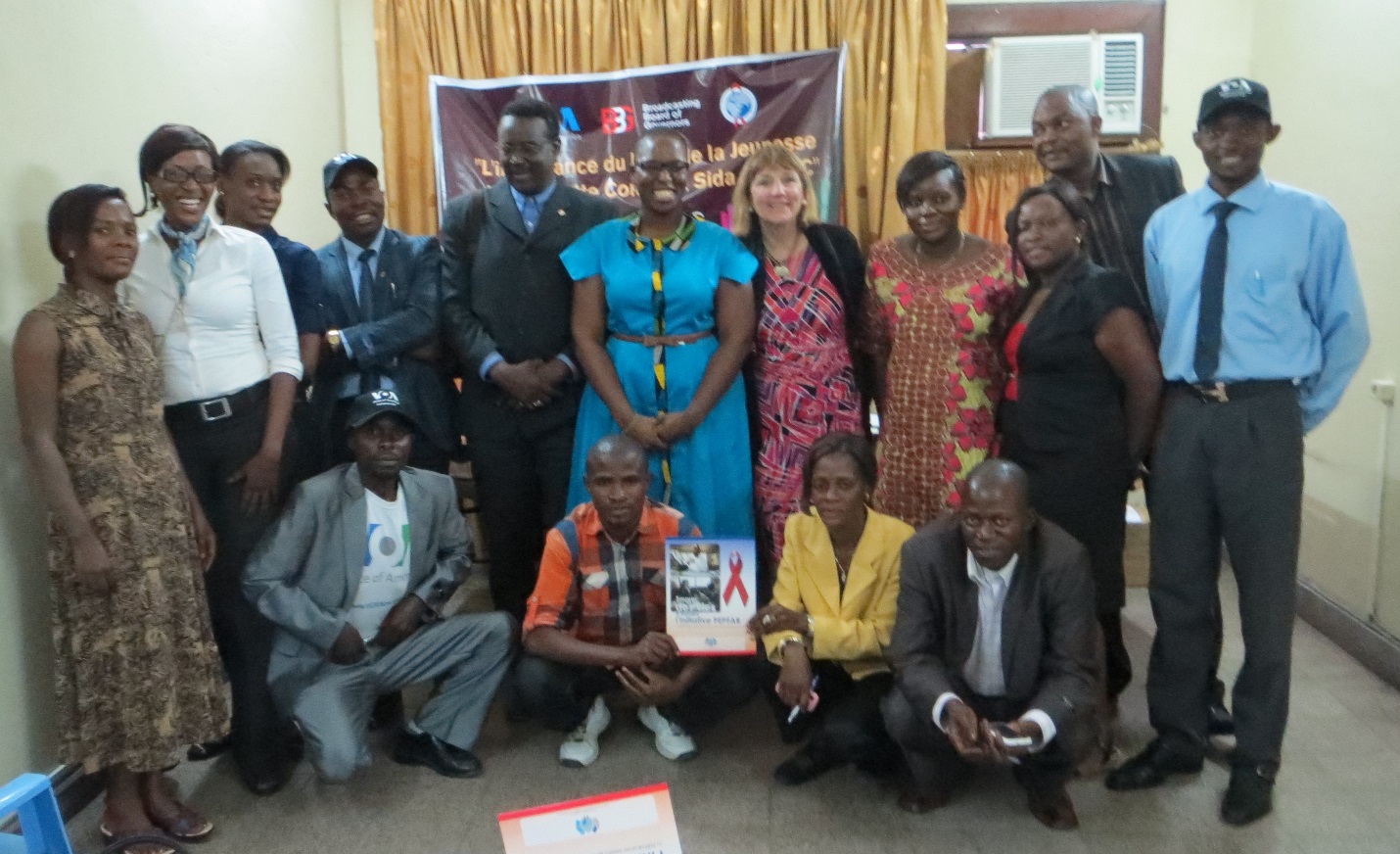Journalist Training

More than a dozen VOA journalists heard top Democratic Republic of Congo (DRC) and American officials underscore the need to provide people, particularly young women, with more information on how to prevent and treat HIV/AIDS.
“Journalists may be just as important as doctors in sensitizing people and providing information,” said Lambert Mende Omalanga, the Democractic Republic of Congo’s (DRC) Minister of Media in remarks delivered by his secretary general.
The BBG, which oversees VOA, organized a journalists training (April 28-29, 2014) and a Town Hall, meeting in conjunction with “Votre Sante, Votre Avenir,” VOA’s weekly, French-language health radio program that reaches millions of DRC listeners.
DRC Health Minister Felix Kabange Numbi opened the journalists’ training, saying his country is committed to “changing behaviors in the fight against HIV/AIDS.”
Over two days, reporters explored ways to discuss sexual subjects often considered taboo. They examined information on prevention, treatment and testing of HIV/AIDS as well as ways to reach people with information in this sprawling, developing Central African country of 77 million. .
Jean Lukela, who represents an organization of people living with HIV/AIDS in DRC, urged the journalists to help fight against stigmatization. “Don’t make people with HIV/AIDS live behind
Lolem Ngong, coordinator of the US Government’S PEPFAR program, told the journalists that PEPFAR is working closely with the DRC government on a comprehensive program that involves prevention, testing, access to medications, preventing mother-to-child transmission and changing cultural behaviors.
“PEPFAR is very important to us,” Numbi, the health minister said.
In DRC, one of the poorest countries in the world, an estimated 1.2 percent of the 77 million people are infected with HIV/AIDS. Experts say rates are higher among young women. Rates are higher among young women. An estimated 31,000 people died of the disease in 2012. Experts say a major challenge in DRC is educating people about the diseases.
VOA/BBG also staged a Town Hall at which about 100 young people talked about how they could help stop the spread of HIV/AIDS.
“Young women are not free,” said one of the attendees. She urged more education for young girls who often don’t understand how HIV/AIDS is transmitted or know what to do if they contract the illness.
The Town Hall was staged at the headquarters of Youth Against AIDS, a national organization headed by Tresor Kasia. “Young people are the most important in th fight against AIDS. They can change attitudes – and they are the most affected,” Kasia said.
